Octopuses are soft-bodied sea animals with eight flexible arms. Octopuses live in oceans all over the world including shallow reefs and deep sea waters. They are most common in warm, tropical, and temperate seas.
Scientific Classification
-
Kingdom: Animalia
-
Phylum: Mollusca
-
Class: Cephalopoda
-
Order: Octopoda
Common Names
-
Octopus
-
Devilfish (old nickname)
-
Sea spider (rare term)
Physical Characteristics
Their bodies are squishy, allowing them to squeeze into tight spaces. They come in many sizes and colors, and some can change color and texture to blend with their surroundings.
-
No bones, just soft tissue
-
8 arms with suction cups
-
Large head with smart brain
-
Can change color quickly
-
Usually small, but some grow big
 Image showing a colorful octopus hiding in coral (Source: Freepik)
Image showing a colorful octopus hiding in coral (Source: Freepik)
Species of Octopus
There are over 300 species! Here are three popular ones:
1. Common Octopus (Octopus vulgaris)
-
Found worldwide
-
Highly intelligent
-
Can open jars and solve puzzles

Image showing a Common Octopus in shallow reef (Source: Wikipedia)
Quick Facts
-
Size: Up to 1 meter
-
Temperament: Curious, shy
-
Needs: Clean water, safe hiding spaces
2. Blue-Ringed Octopus
-
Small but very dangerous
-
Found in the Pacific and Indian Oceans
-
Bright blue rings show when it feels threatened
 Image showing a Blue-ringed Octopus on ocean floor (Source: Dreamstime)
Image showing a Blue-ringed Octopus on ocean floor (Source: Dreamstime)
Quick Facts
-
Size: 5–8 cm
-
Venomous: Can be deadly
-
Not safe as pets
3. Giant Pacific Octopus
-
Largest of all octopuses
-
Lives in cold northern waters
-
Very smart and strong
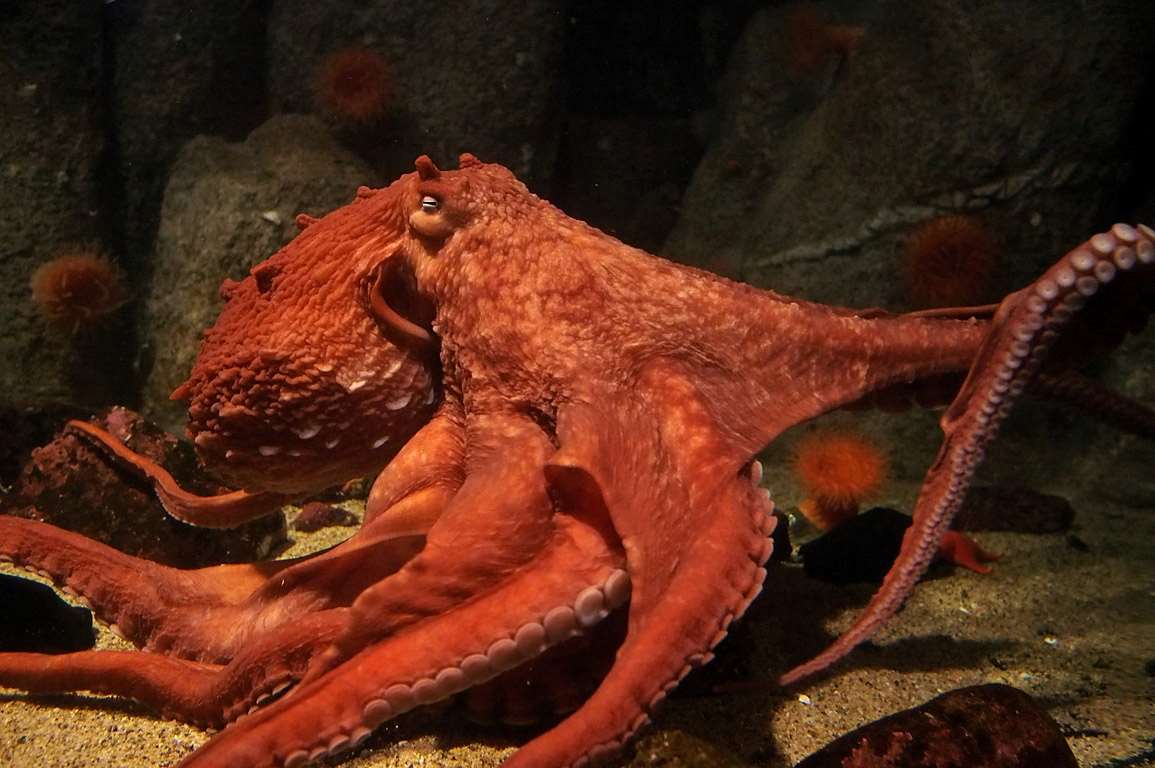 Image showing a Giant Pacific Octopus in rocky cave (Source: Monterey Bay Aquarium)
Image showing a Giant Pacific Octopus in rocky cave (Source: Monterey Bay Aquarium)
Quick Facts
-
Arm span: Up to 5 meters
-
Weight: Up to 50 kg
-
Can live up to 5 years
Fun Facts
-
Octopuses have three hearts.
-
They escape by shooting ink clouds.
-
They are some of the smartest invertebrates on Earth.
-
Their arms can regrow if lost.
-
Each arm can move on its own, like it has its own brain.
Human Relevance
-
Seen in aquariums for learning and display
-
Used in science research due to their intelligence
-
In some countries, they are part of the diet
-
Inspire robotics and underwater machines
-
Some are protected due to overfishing
Health & common issues
Though octopuses are not typical pets, they have specific needs when kept in aquariums.
-
They need large, secure tanks
-
Can escape easily if lids are loose
-
Sensitive to water pollution
-
Can suffer from stress in captivity
Vet Tips
-
Monitor water pH, temperature, and cleanliness
-
Handle gently, if at all
-
Watch for signs of stress or injury
Conservation Status
Some octopus species are endangered or threatened due to pollution and overfishing.
Others are doing fine in the wild.
-
Blue-ringed Octopus: Not endangered but dangerous
-
Giant Pacific Octopus: Near Threatened
-
Common Octopus: Stable
Related Creatures
-
Squid: Longer body, 10 limbs
-
Cuttlefish: Shorter body, internal shell
-
Nautilus: Hard external shell, many arms
 Image showing an Octopus swimming over coral reef (Source: Shutterstock)
Image showing an Octopus swimming over coral reef (Source: Shutterstock)
For questions about exotic pets or marine animal care, feel free to reach out to us at Doctor Hulk Veterinary Hospital, or call 08143397614.




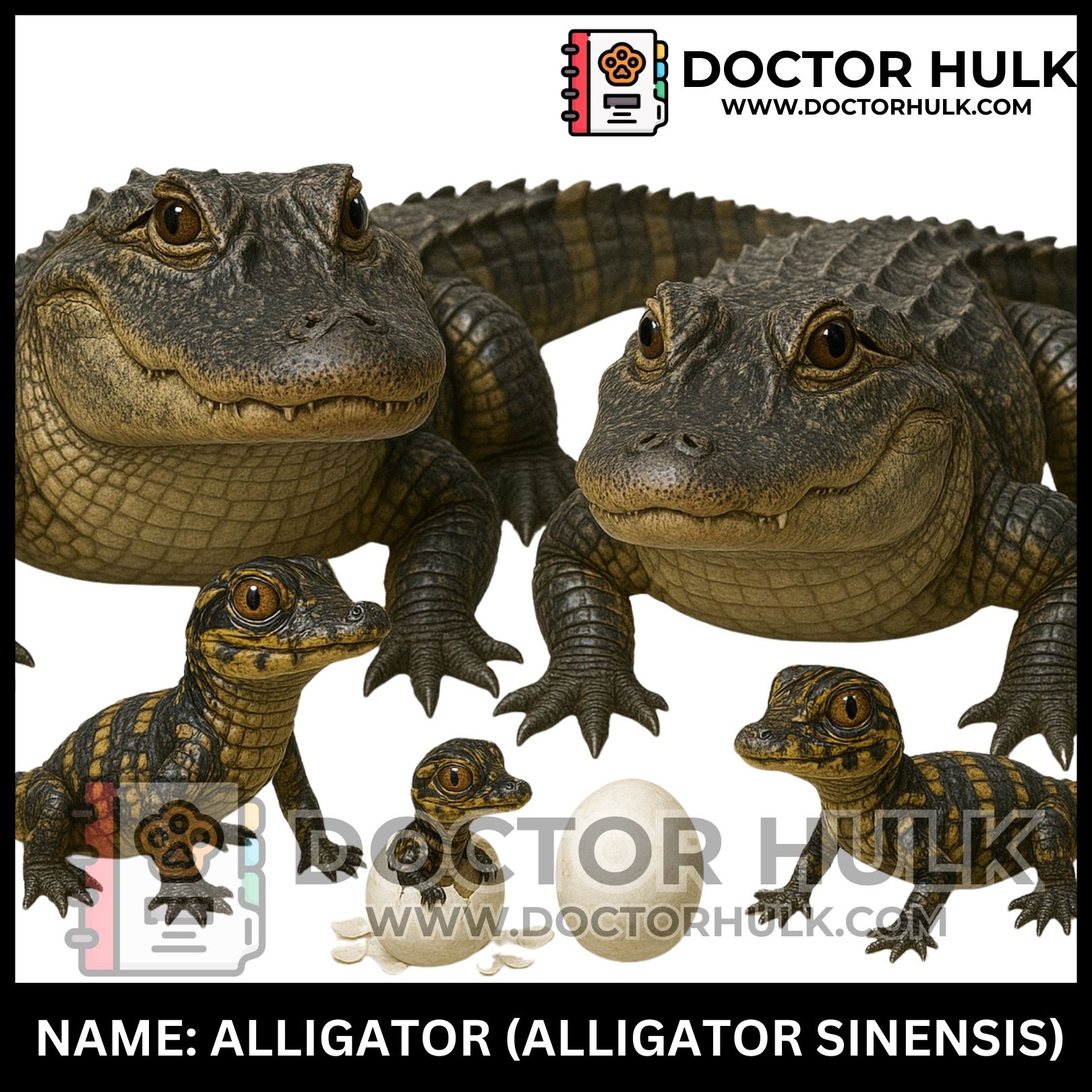
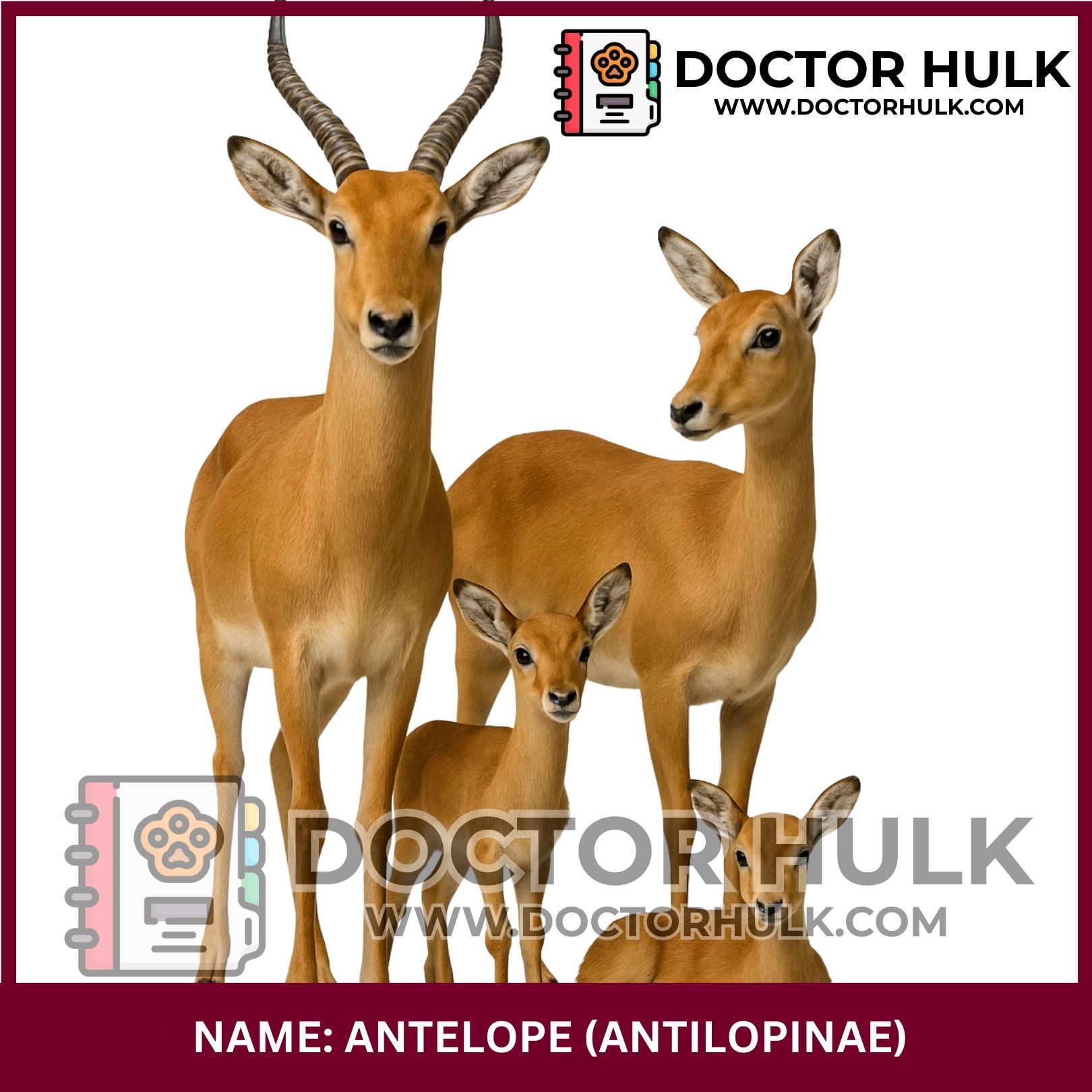
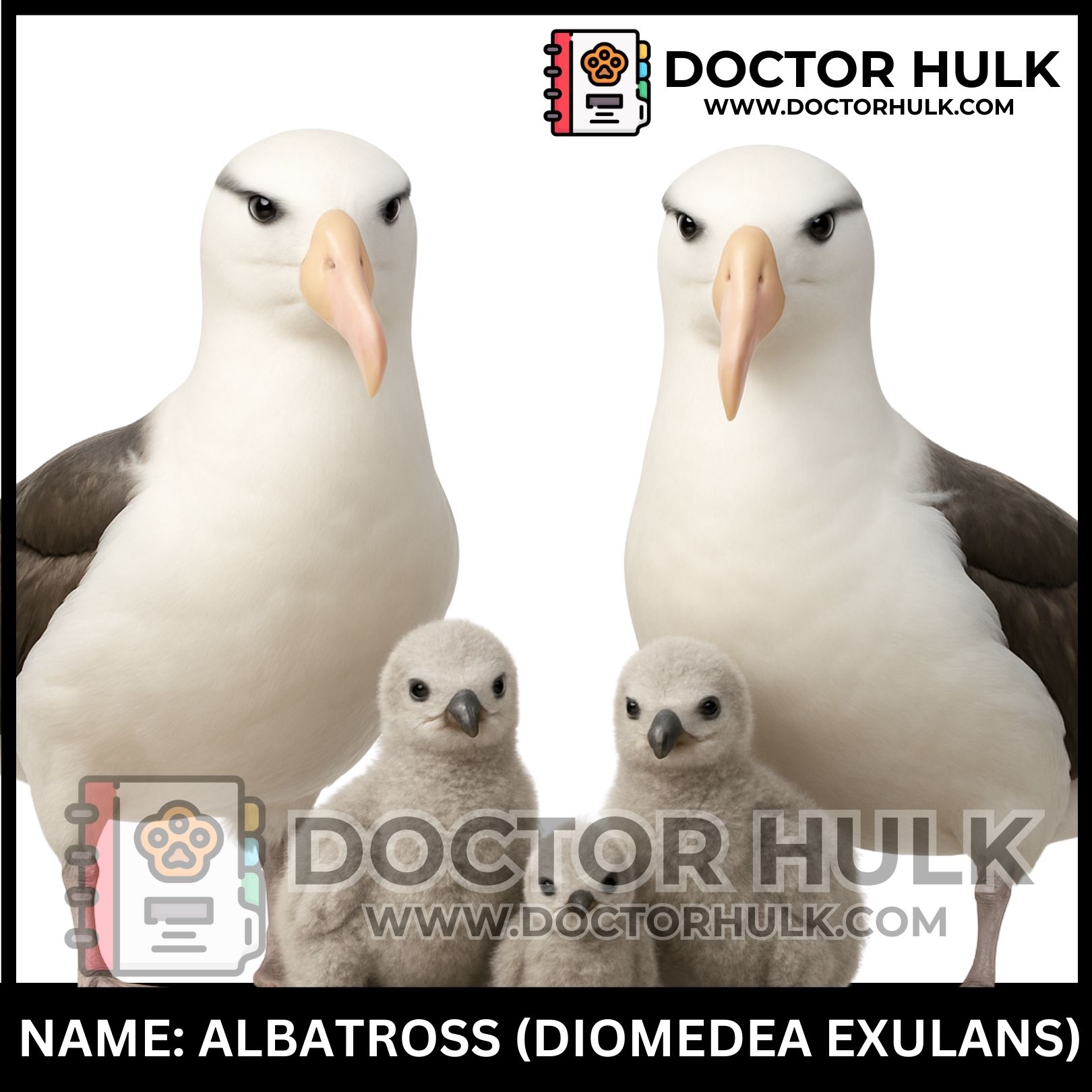
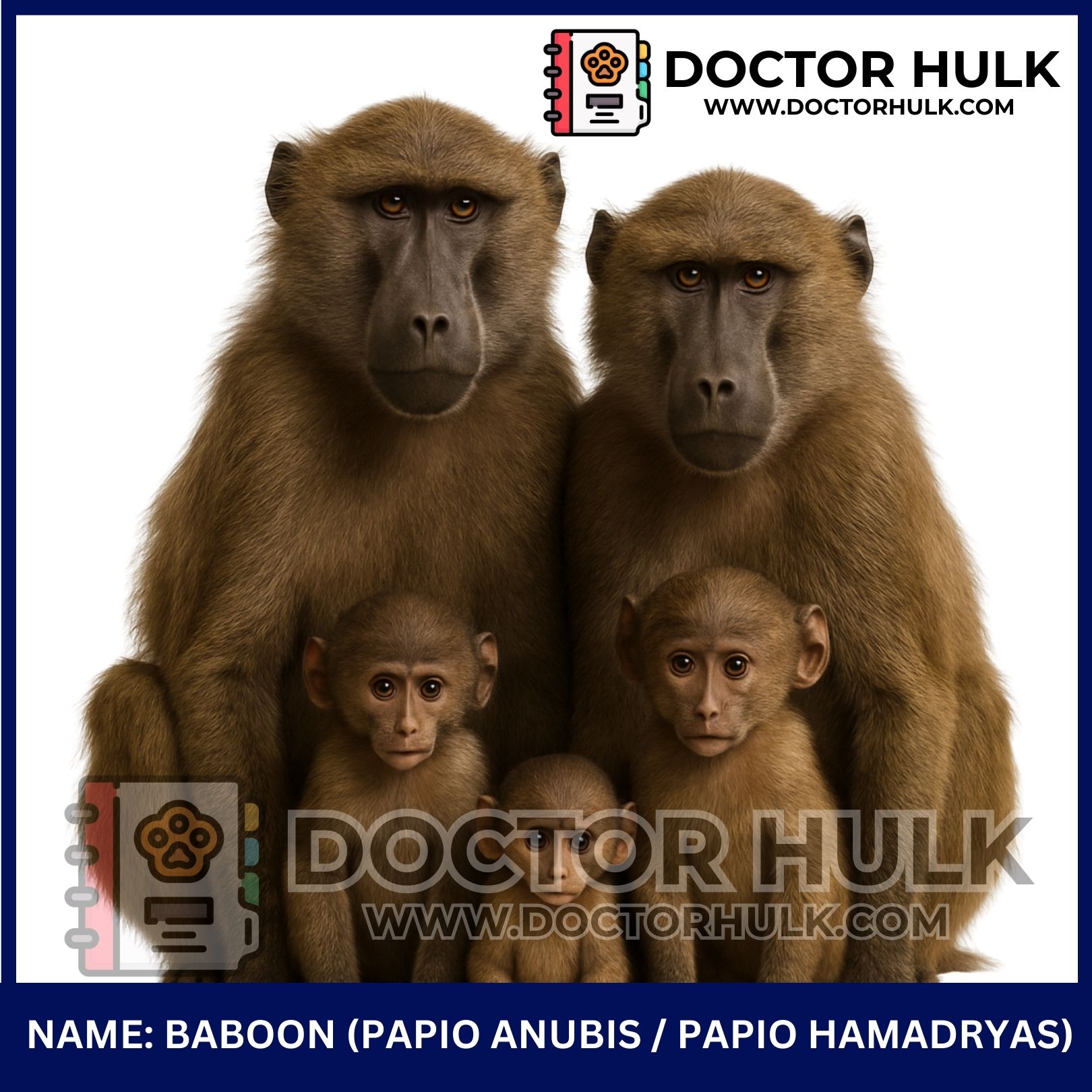
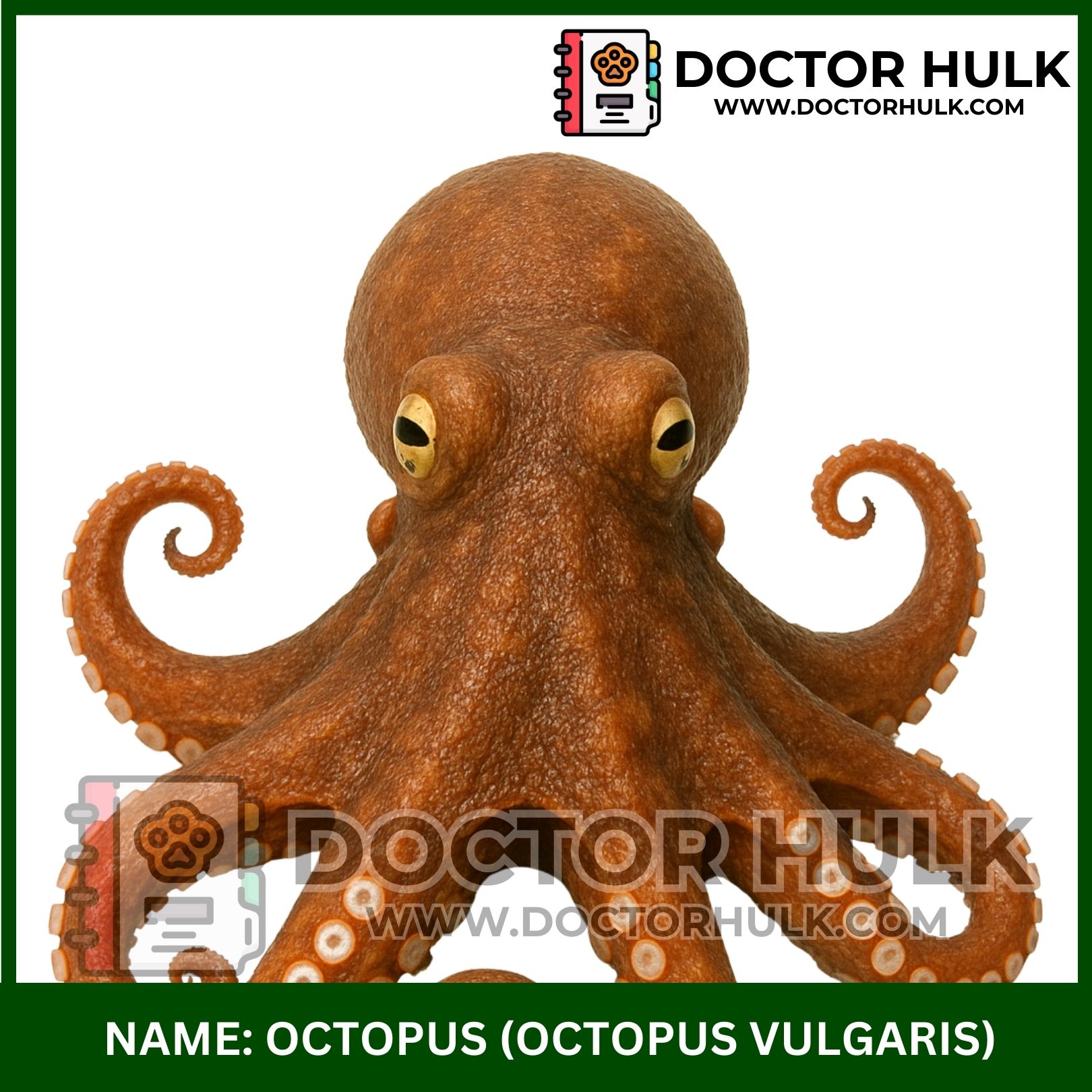
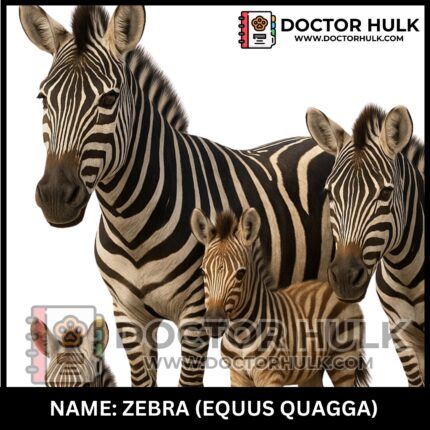
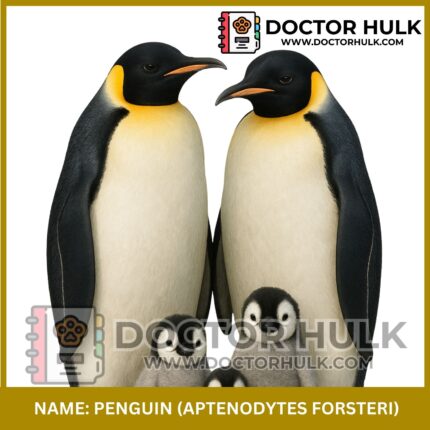


Reviews
There are no reviews yet.